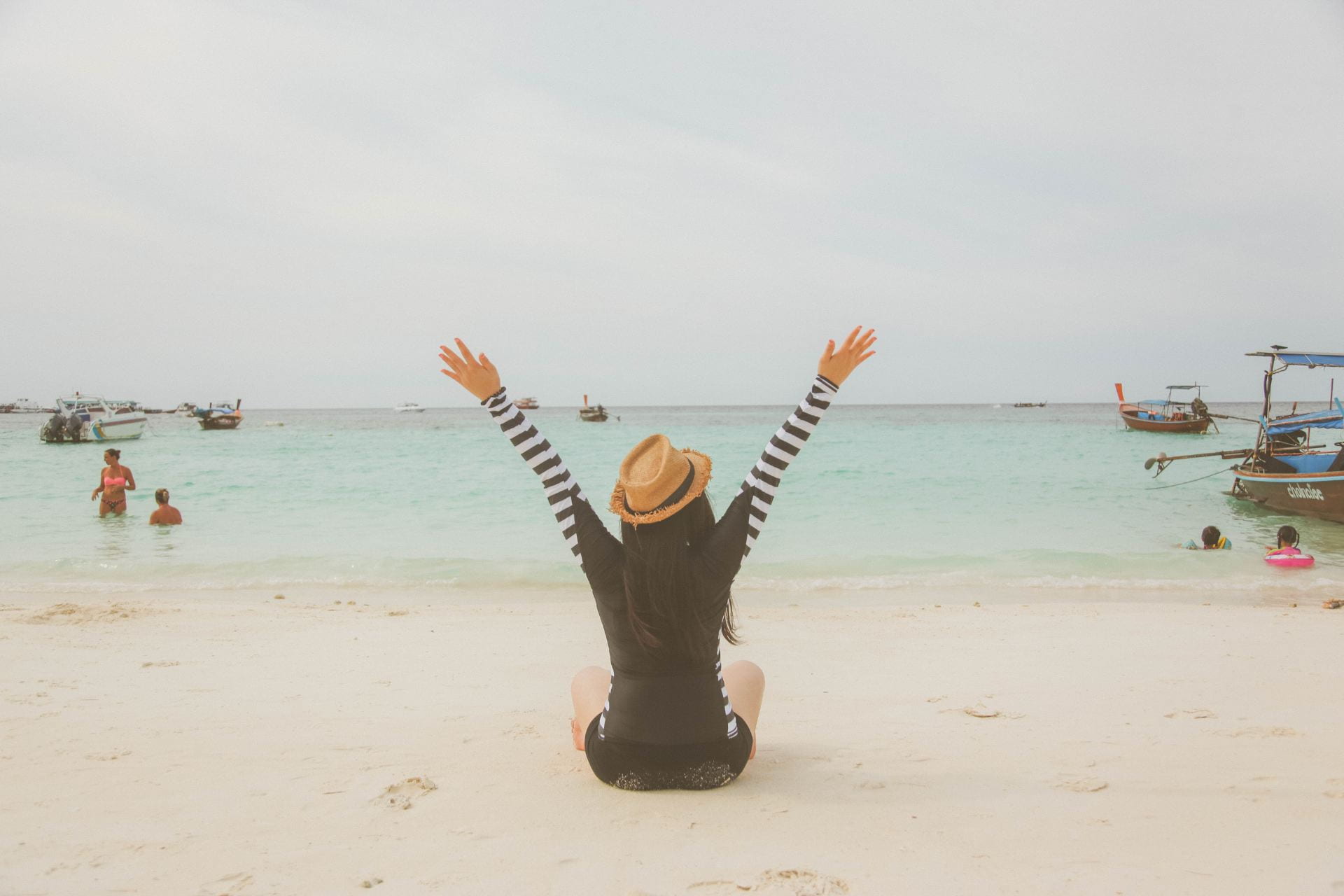
In honor of Black, Indigenous, People of Color Mental Health Awareness Month, this Wellness Wednesday will be catered to people of color because there is a lack of public health promotion and resources for people of color. Today’s focus is on physical wellness because as we know, the many facets of wellness, including physical health, that impact and relate to mental health.
While Chicago’s summer weather continues to get hotter and hotter, we need to remember to stay safe while being out in the sun. Public health education and interventions that are being promoted today, especially on sun protection behaviors, are only targeting white individuals (Calderon et al., 2019). The Office of Health Promotion and Wellness at DePaul is here to change that and provide a holistic education that is inclusive to all, especially people of color.
It is reported that skin cancer incidence rates are lower for Black/African Americans and Hispanics compared to White people (U.S. Cancer Statistics Working Group, 2017). Although it is uncommon for people of color to get skin cancer, BIPOC are often more likely to experience poorer and/or severe outcomes when it comes to skin cancer. Research also states that when people of color get skin cancer, it often appears delayed and at an advanced stage (Calderon et al., 2019).
This is an issue because BIPOC folks already have higher mortality and mortality rates compared to white folks. The causes of this health inequity are undetermined, but further research is being conducted. We also want to acknowledge that are health inequities that are linked to poor health outcomes (National Academy of Sciences et al., 2017). However, one one-way BIPOC can prevent skin cancer is to engage in sun protection behaviors.
Individuals with darker skin complexions have some type of sun protection because of their melanin, however, they are still prone to developing skin diseases as they get older (Bradford, 2009). Caroline Robinson, M.D., who specializes in alopecia, preventative skin care, and ethnic skin dermatology, states that sun damage on darker skin tones can cause inflammation of the skin which can result in hyperpigmentation and/or acne (Denton-Hurst, 2020). In conclusion, darker skin complexions need protection too.
Sun exposure is one the leading factors to skin diseases so, below are some sun safety tips for everyone, including BIPOC that the American Academy of Dermatology Association have provided:
- Seek shade if possible
- Wear protective clothing
- Wear sunscreen that is water-resistant, have broad-spectrum protection, and have a sun protection factor.
-
- For BIPOC, wear sunscreen that is SPF of 30 or greater. For white individuals, wear SPF at least 15 or greater.
- Apply sunscreen to the bare skin 15 to 30 minutes before going outdoors
- When outdoors, reapply sunscreen every two hours and after sweating or after being getting out of a body of water
- Stay away from tanning beds and/or sunlamps. They can cause skin cancer due to the harmful UV rays.
As mentioned before, the purpose of this article is to shed a light on the health disparities, bring awareness to mental illnesses, and to stress the need to improve access to mental health treatment within underrepresented communities. Take Care DePaul by sharing this with another Blue Demon.
More Articles to Read:
- 10 Intriguing Facts About Sunscreen For BIPOC
- Why BIPOC, especially Black Girls, Need to Use Sunscreen
Take Care DePaul!
